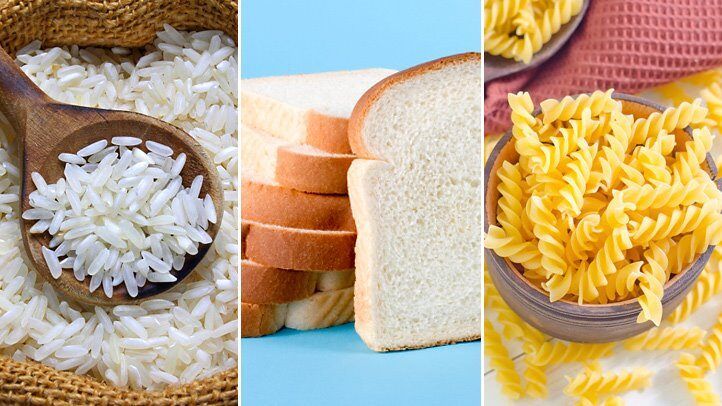
To read this article in French, click here:
Criteria and elements: A Naturopathic diet
A strong inclination towards the Mediterranean diet, Nordic diet and DASH diet.
Food is better than supplements because they contain a wider variety of vitamins, minerals and other elements.
GMOs (genetically modified organisms) have proven themselves as healthy and an important part of our diets (examples: bananas, seedless grapes, seedless oranges, etc.).
Sufficient fibre intake is key.
If possible, it is best to eat fresh foods (such as vegetables, fruits, herbs, nuts, seeds, etc.) and less pre-packagedand processed foods. The thinner the peel, the more well you should wash the food before consuming it.
Recognizing the importance of avoiding products that may contain chemical additives, artificial sweeteners and preservatives (while also recognizing that this is an individual choice).
Promote the consumption of organic fruits and vegetables grown without the use of chemicals or pesticides (if possible and if the price is affordable to you).
Eggs, fish and other wild animal products (if possible, support the local economy). Predatory fish (which are usually large) tend to contain more toxins and plastic nanoparticles than smaller fish.
Limited amounts of chicken and red meats, as it is usually best to get protein from elsewhere than from these foods.
Avoid products containing refined sugar: white bread, white rice, white pasta, white flour, and sugary foods. It is useful to check the labels.
Smoothies are a great strategy for increasing your daily nutrient intake.
If possible, eat raw foods.
Avoid excessive consumption of everything (food, coffee, alcohol, salt, etc) – seek to find your own balance.
While this diet promotes self-healing, once in place, other life factors must be taken into consideration, including physical activity, stress levels, etc. without which the benefits of a good diet on overall health are greatly diminished.
If necessary, use an application (“APPs”) to record your food intake and learn more about the daily intakes or deficiencies, including the recommended nutritional intakes, or recommended daily allowances (RDAs).
Food and its role in disease
- Two of the benefits of a good diet are to reduce the risk of disease and improve the quality of health, but there are no magic cures or silver bullets. There are also no super-foods, in that ingesting a small amount of any food will not lead to big results.
- Diet plays a very prominent role in some diseases such as diabetes, coronary heart disease, heart attacks, high blood pressure and obesity. Some illnesses can also be caused by toxins or deficiencies in certain vitamins and minerals, for example scurvy, anaemia (iron deficiency).
- A naturopathic diet also recognizes that diet plays a small role in preventing and reducing the risk of other diseases such as osteoporosis, osteoarthritis, and some forms of cancer.
- Optimal health requires providing the body with what it needs (and this is why individualized medicine is so important, our bodies and metabolisms vary).
- Reducing the amount of salt in the diet by consuming more fruits and vegetables helps reduce high blood pressure (or substitution with spices).
- Reducing the amount of refined sugars in your diet and eating more healthy carbohydrates reduces your risk of developing type 2 diabetes.
- The naturopathic diet can also promote weight loss if the macronutrients are well distributed, but these dietary changes must be done for the long-term (hence the importance of enjoying our choices in food).
Philosophy
- The naturopathic diet is based on well-founded choices that are themselves based on available scientificevidence, and some simple common sense. It is a diet that recognizes the nutritional and dietary standards of a healthy diet, while considering age, level of activity and individual needs.
- The first thing to understand is that eating a varied diet and choosing a diet low in calories are two different things. The naturopathic diet will be adapted to the needs of each person, considering the genetic component which, over the years, is becoming increasingly well understood.
- BMI is considered to only measure the gravitational force on your body, with bodyfat callipers being more accurate.
- Minimize wastefulness (example: plastic).





